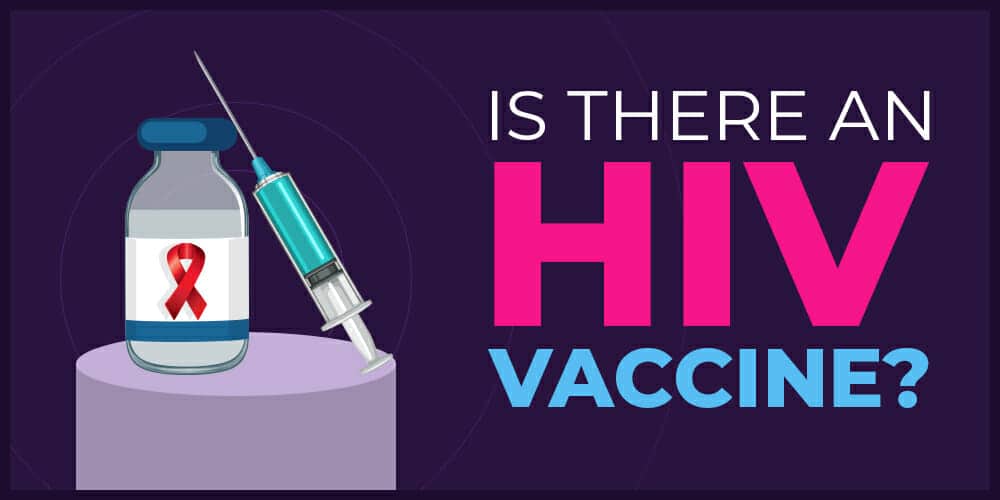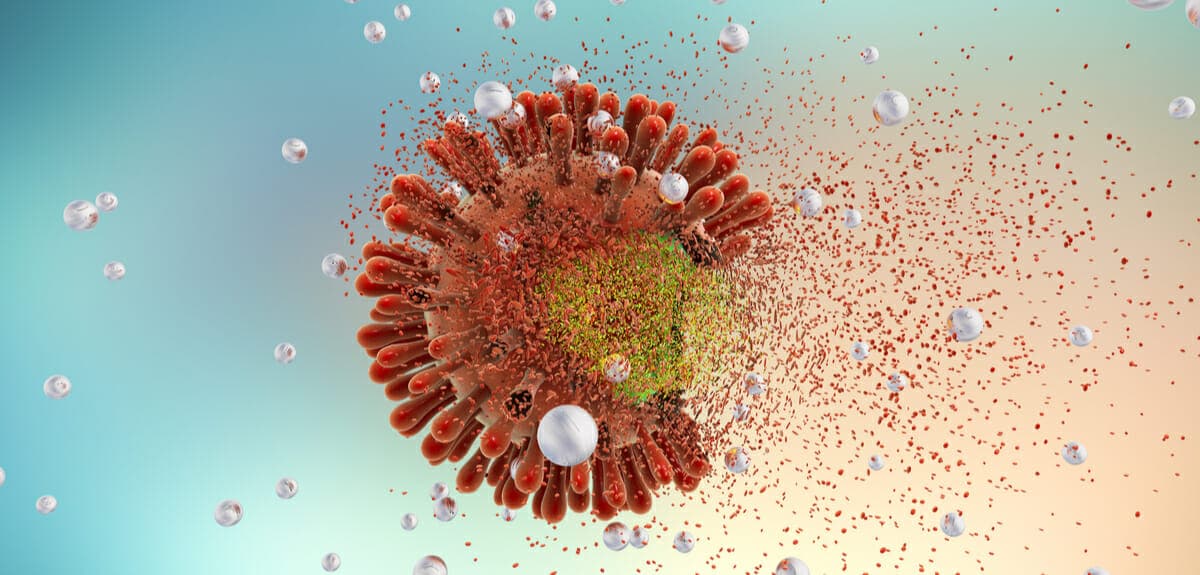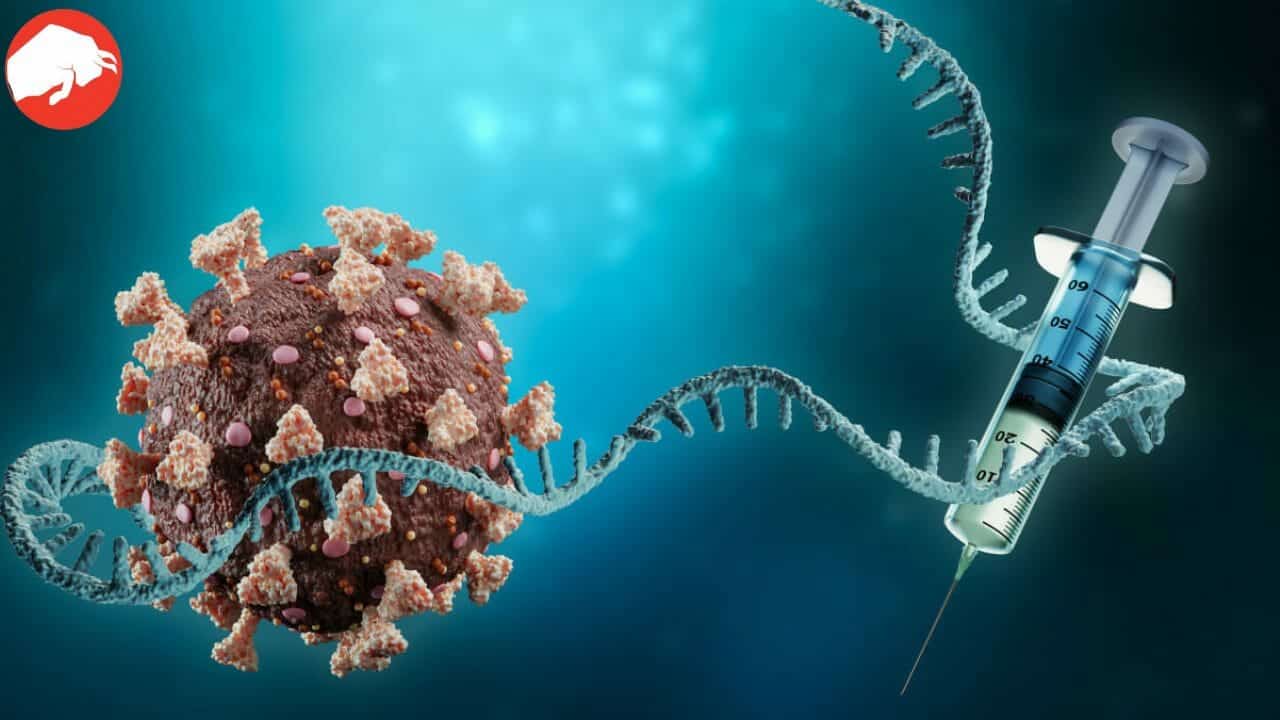The first small phase HIV vaccine clinical trial revealed that two doses of the vaccine can result into neutralizing antibody precursor B cells. The experimental dosage did not result into any major side effects.
The findings of the experimental HIV vaccine on humans is an important step. This could mean that a new vaccine strategy could be effective in neutralizing HIV along with other intractable pathogens. These viruses have eluded development of vaccines for a long time.

A researcher from The Scripps Research Institute, William Schief said,
At the most general level, the trial results show that one can design vaccines that induce antibodies with pre-specified genetic features, and this may herald a new era of precision vaccines.
HIV, short for Human Immunodeficiency Virus, attacks the immune system of the patient and destroys the white blood cells weakening the immunity of the individual against other infections. In 2021, HIV affected around 38 million all around the world.
This HIV vaccine is 97% successful! We really might be close to a cure for HIV! pic.twitter.com/St4jMEVMyf
— Drift0r (@Drift0r) December 3, 2022
Antiretroviral medications have been the only treatment available for managing illness and preventing disease progression if an individual has HIV. Preventive HIV vaccine is the need of the hour for putting an end to HIV.
Way To A Better Cure
Usually, a vaccine teaches the immune system to generate antibodies that reduce or prevent infection. However in case of HIV, a vaccine would need to teach an individual’s immune system to detect and elicit antibodies which bind to specific proteins helping HIV to infect the cells known as the spike proteins.

But this won’t be easy. According to Schief, there are millions of HIV variants that infect humans. Each of these variants have diverse and complex spike proteins. Antibodies preventing from one kind of variant may not work against the other.
BREAKING: Groundbreaking HIV Vaccine Shows Success In Phase 1 Clinical Trial In Humanshttps://t.co/vEbjzNjvAb
— IFLScience (@IFLScience) December 1, 2022
Source: HIV.gov










